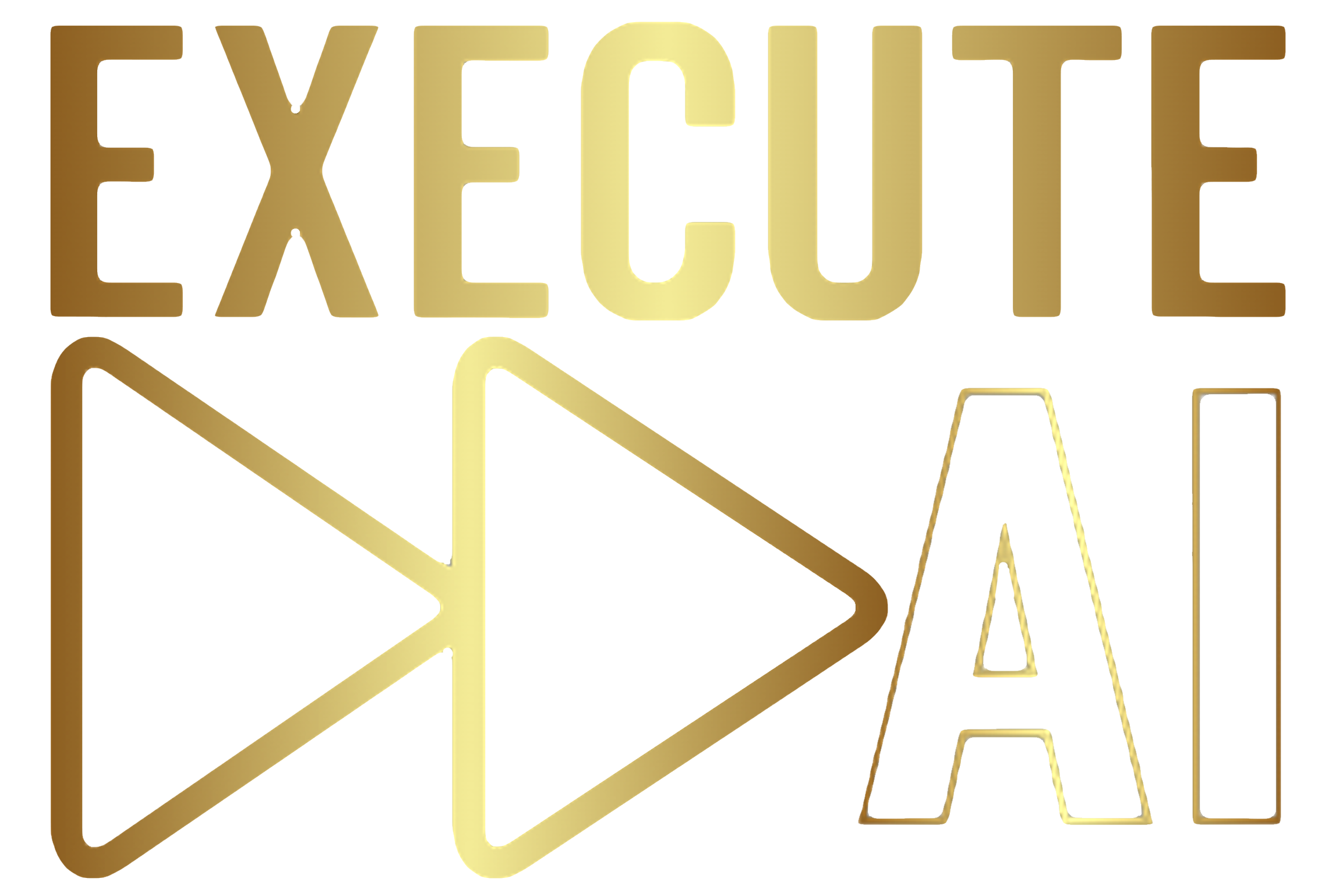How Quantum Computing’s Biggest Challenges Are Being Solved With Accelerated Computing
Quantum computing is poised to revolutionise industries, from drug discovery to financial modelling. However, the path to quantum supremacy isn’t exactly paved with perfectly predictable probabilities. Several significant hurdles remain before we can fully unleash the potential of these powerful machines. Fortunately, accelerated computing is stepping up to help clear the way. It’s like bringing a fleet of Formula One cars to a go-kart race – the existing challenges don’t stand a chance.
Tackling Quantum Error Correction
One of the most pressing issues in quantum computing is **error correction**. Quantum bits, or qubits, are incredibly sensitive to environmental noise, leading to errors in calculations. Maintaining qubit stability is akin to trying to balance a house of cards during a minor earthquake; it requires constant vigilance and correction. Accelerated computing platforms, with their ability to perform massively parallel computations, are instrumental in simulating and developing sophisticated error-correcting codes. These simulations, which would take conventional computers eons, can now be completed in significantly less time, accelerating the development of robust and reliable quantum systems.
Simulating Qubit Designs
Designing and optimizing qubits is another major challenge. Each qubit design has unique characteristics and performance trade-offs. Before building these qubits, researchers need to simulate their behavior extensively. Accelerated computing allows for detailed simulations of different qubit designs, exploring a wide range of materials, geometries, and control mechanisms. It’s like having a virtual playground where researchers can test and refine their ideas without the cost and time of physical prototyping. These simulations provide crucial insights into qubit performance, leading to more efficient and stable designs.
Optimizing Quantum Circuit Compilation
Quantum algorithms need to be translated into instructions that can be executed on quantum hardware. This process, known as **quantum circuit compilation**, is often complex and inefficient. Optimizing these circuits is crucial to minimize errors and maximize the performance of quantum computations. Accelerated computing can be used to develop and train machine learning models that automate and optimize circuit compilation. It’s similar to having an AI assistant that knows all the shortcuts and best routes to achieve the desired quantum outcome. These optimized circuits reduce the computational overhead, enabling more complex and meaningful quantum computations.
The Synergistic Relationship
The collaboration between quantum and accelerated computing is more than just a technological alliance; it’s a synergistic relationship. Accelerated computing provides the tools and resources needed to overcome the practical limitations of quantum hardware, while quantum computing offers the potential to solve problems that are intractable for even the most powerful classical computers. The blend of classic brute force of accelerated computing with the quantum finesse, is really a delightful alliance of tech.
In essence, while quantum computing holds the key to unlocking unprecedented computational power, accelerated computing is the locksmith, crafting the tools needed to open the door. As quantum hardware continues to evolve, the role of accelerated computing will only become more critical. It is like the unsung hero, diligently working behind the scenes to make sure the quantum spotlight shines brightly.
Looking Ahead
The future of quantum computing is intrinsically linked to advancements in accelerated computing. As researchers continue to push the boundaries of quantum hardware and algorithms, accelerated computing will provide the computational muscle needed to simulate, optimize, and validate these innovations. This collaborative approach promises to accelerate the timeline for achieving practical quantum applications, bringing us closer to a world where quantum computers solve some of humanity’s most challenging problems. And let’s be honest, solving those problems will be a quantum leap for everyone, wouldn’t it?

